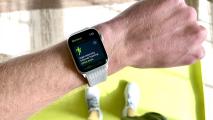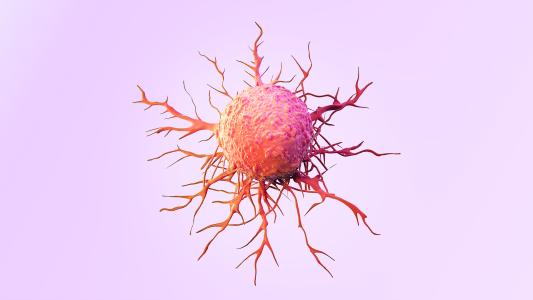Sending a selfie to your doctor might sound weird — but someday it could save your life.
That’s what researchers at the National Center for Cardiovascular Diseases (NCCD) in Beijing hope will happen thanks to a new deep learning algorithm they’ve created, which claims to detect signs of heart disease in the human face. Someday, it could be utilized in a health app to help people screen themselves for heart disease.
“To our knowledge, this is the first work demonstrating that artificial intelligence can be used to analyze faces to detect heart disease,” Zhe Zheng, vice director of the Chinese NCCD, said in a statement. Zheng said their ultimate goal is to create a health app that would allow people to self-report signs of heart disease.
The study, published in the European Heart Journal, demonstrates how a deep learning computer algorithm can analyze four selfies of a patient, taken at different angles, to predict heart disease. The method needs more research to determine if it can become accurate enough across a group of people with diverse ethnic backgrounds to become a bona fide health app.
To our knowledge, this is the first work demonstrating that artificial intelligence can be used to analyze faces to detect heart disease.
Zhe Zheng
Using an individual’s digital footprint, including photos, videos, text messages, and app usage, to assess health conditions is a growing interest in healthcare — especially with ubiquitous smartphone ownership.
The emerging field of digital phenotyping uses smartphone data to detect mental health disorders through a health app. Researchers have also used photographs of moles — transformed by a computer program into a sonification — to diagnose skin cancer with 90% accuracy.
And last year, scientists used artificial intelligence for a behavioral study on autism. With the goal of reducing the need for lab equipment to evaluate autism cases, they trained the AI to analyze the body movements of autistic children in YouTube videos. A cell phone, after all, is more accessible than expensive lab equipment.
The new algorithm for detecting heart disease scans the face for telltale characteristics, like thinning hair, wrinkles, earlobes creases, yellow deposits near the eyes, and arcus senilis — white rings on the edges of the cornea.
But many of those signs are benign and common in older adults. So, last summer, the researchers tested their algorithm on 1,013 patients from nine Chinese hospitals. The algorithm found 80% of heart disease cases. This outperforms existing models that screen for heart disease, like the Diamond-Forrester model and the CAD consortium clinical score. The algorithm also correctly identified the absence of heart disease in 61% of cases.
“Our ultimate goal is to develop a self-reported application for high-risk communities to assess heart disease risk in advance of visiting a clinic. This could be a cheap, simple and effective (way) of identifying patients who need further investigation,” Zheng said.
This makes me wonder — if a health app like this gets out there, could anyone use this algorithm to trespass on my private health information by simply scanning my Instagram account? Such privacy questions will become more urgent as the algorithms become better, faster, and more accessible.
We’d love to hear from you! If you have a comment about this article or if you have a tip for a future Freethink story, please email us at [email protected].






